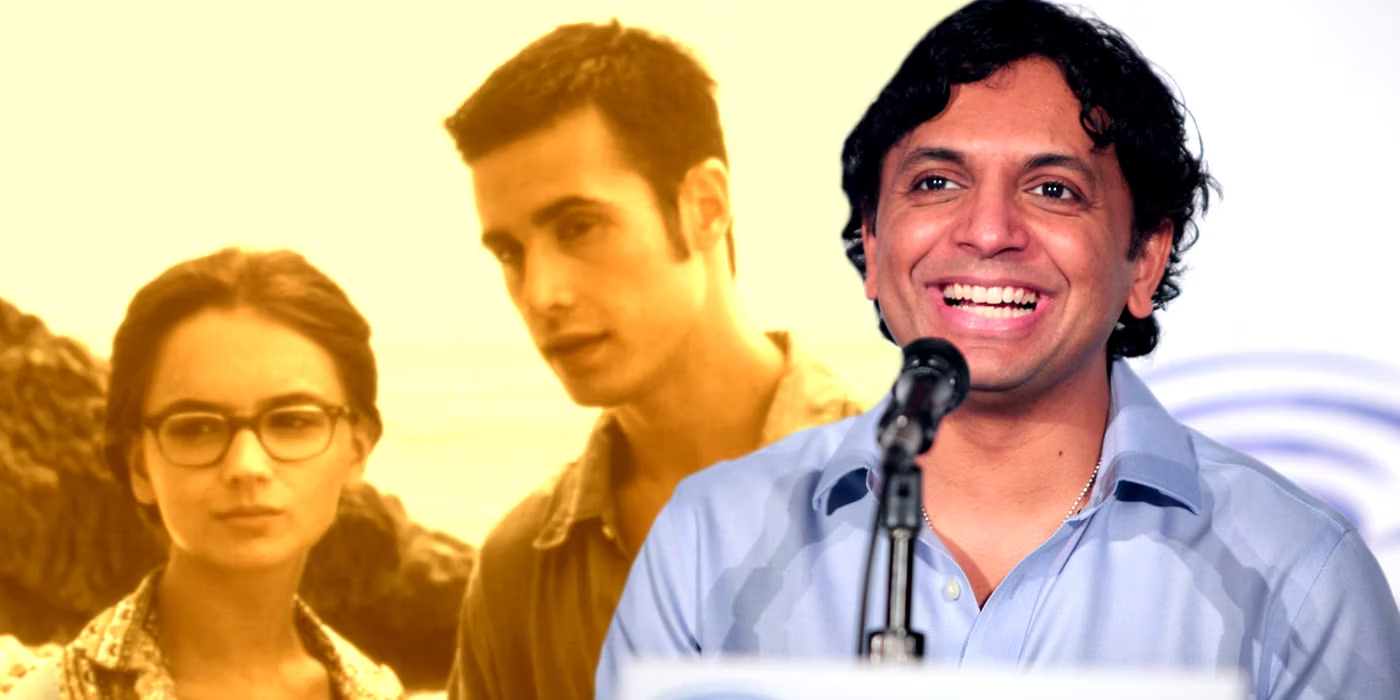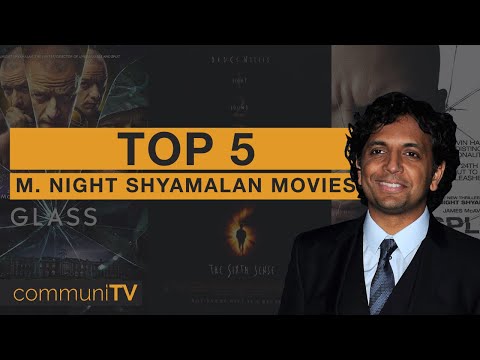M. Night Shyamalan has long been a beacon of innovation in the film industry, known for his unique storytelling and unexpected plot twists. Among his impressive portfolio, “The Sixth Sense” stands out not only as his greatest achievement but also as a cultural phenomenon that reshaped viewer expectations and box office metrics alike.
When discussing the significance of “The Sixth Sense,” it’s impossible not to mention the bold move by Disney’s then-president, David Vogel, who, captivated by the script’s potential, acquired the rights independently, without the prior approval from his superiors. This decision, driven by a strong belief in the film’s success, eventually led to a seismic shift in his career and the studio’s fortunes.
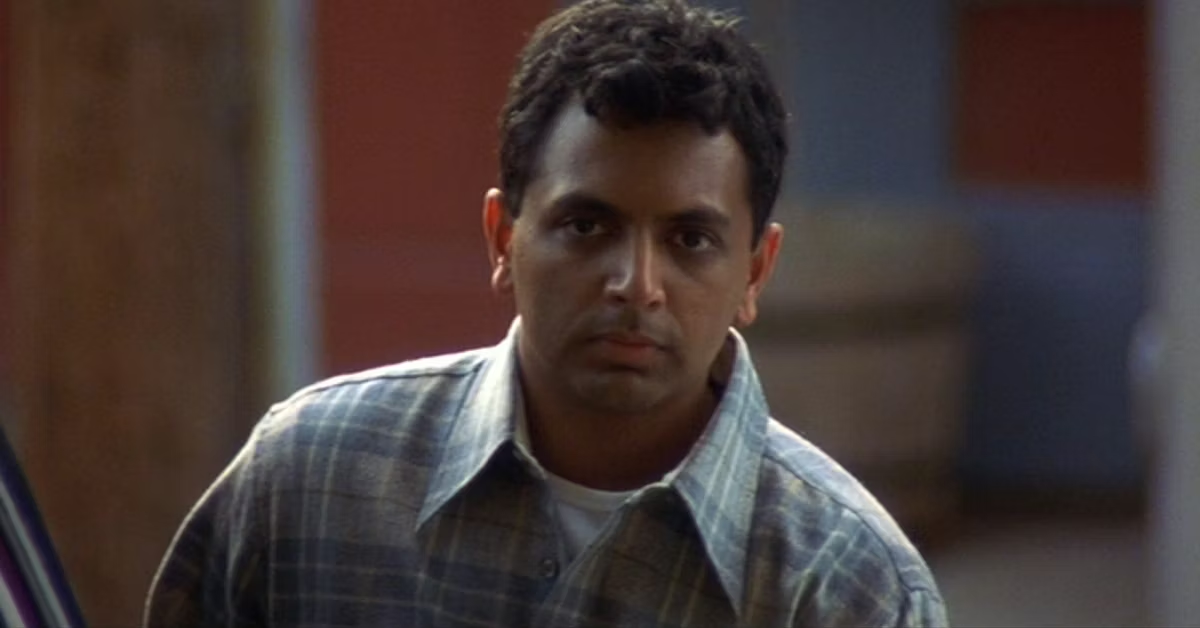
The High Stakes of Independent Decisions in Filmmaking
“The Sixth Sense” is a testament to Shyamalan‘s directorial prowess, blending simplicity with psychological depth. This approach not only won over audiences worldwide, resulting in a staggering $672.8 million global box office haul, but also set new standards for thriller genres. Vogel’s instinctual purchase of the movie rights for $2.25 million, described by him as having “more potential to be a big hit than any other movie I had ever read,” was a gamble that paid off immensely, though not without its consequences.
The internal politics of Disney at the time were described as “intricate and toxic,” with a convoluted system that hindered creative freedom. Vogel’s unilateral decision to secure the rights to “The Sixth Sense” not only bypassed the bureaucratic red tape but also highlighted the broader challenges within the industry—where creative instincts often clash with corporate oversight.
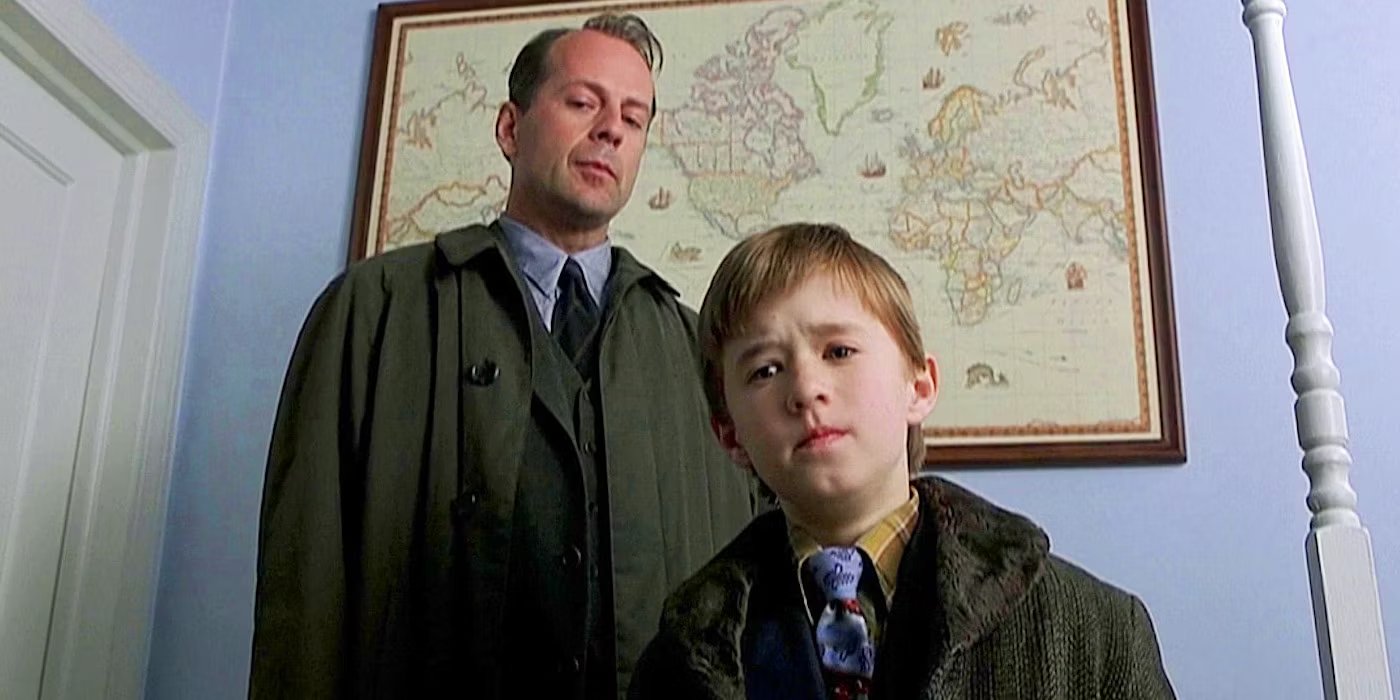
Bruce Willis’ Role and Impact
Further cementing the film’s legendary status was Bruce Willis’ performance, which earned high praise from both audiences and Shyamalan himself. The collaboration between Willis and Shyamalan was serendipitous, with the director recalling how Willis had supported him throughout the filming process, likening his impact to that experienced during the making of “Pulp Fiction.”
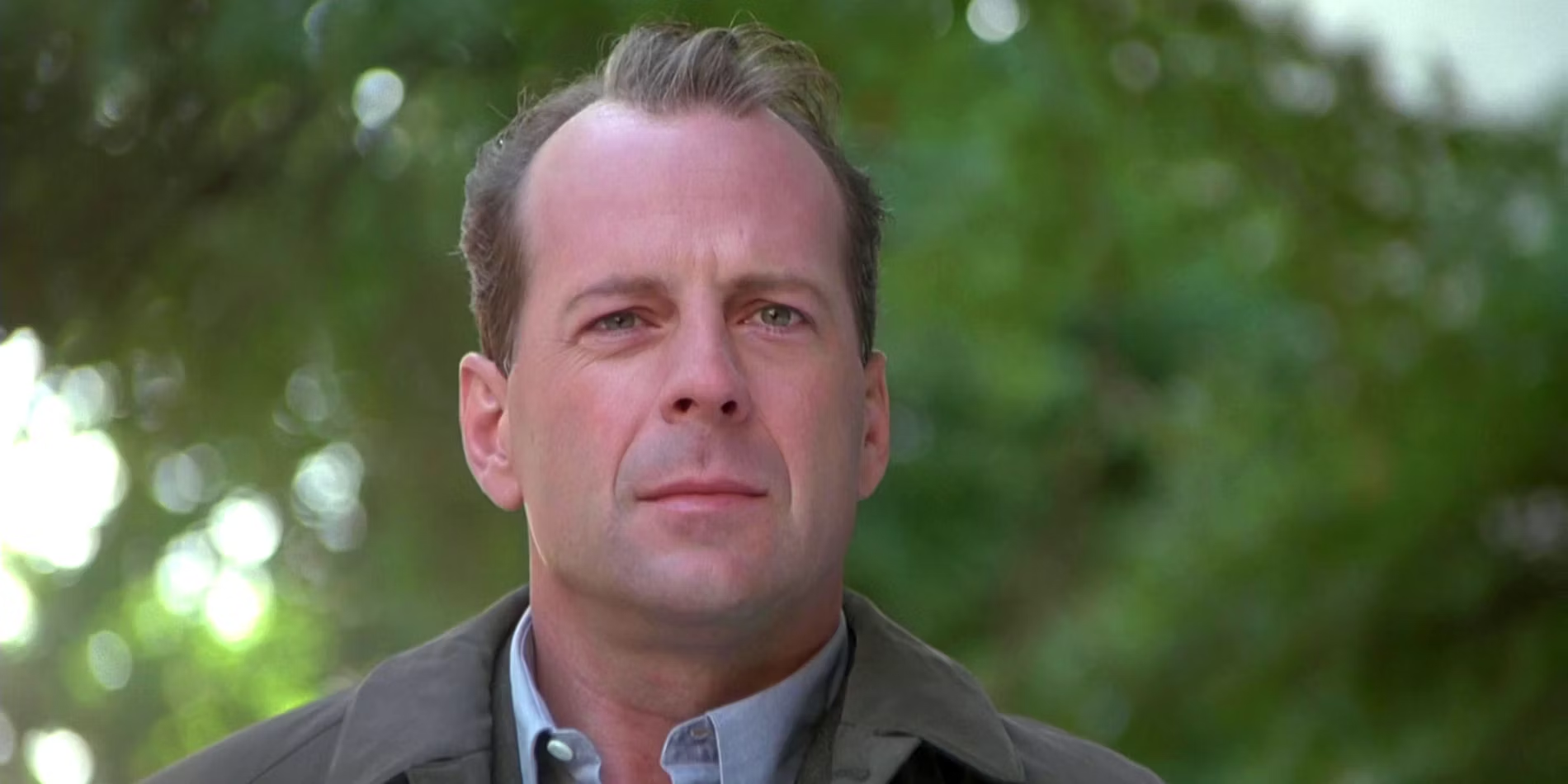
During an exclusive interview, Shyamalan shared his personal admiration for Willis, noting, “He is this blue-collar hero that I grew up with, and not just for me but for Quentin [Tarantino] and Wes [Anderson], and you name it, ‘Fifth Element.’ Every time, he took risks and just jumped in, and when he believed in you, he was just behind you.” This endorsement from Willis not only boosted Shyamalan’s confidence but also solidified the film’s success.
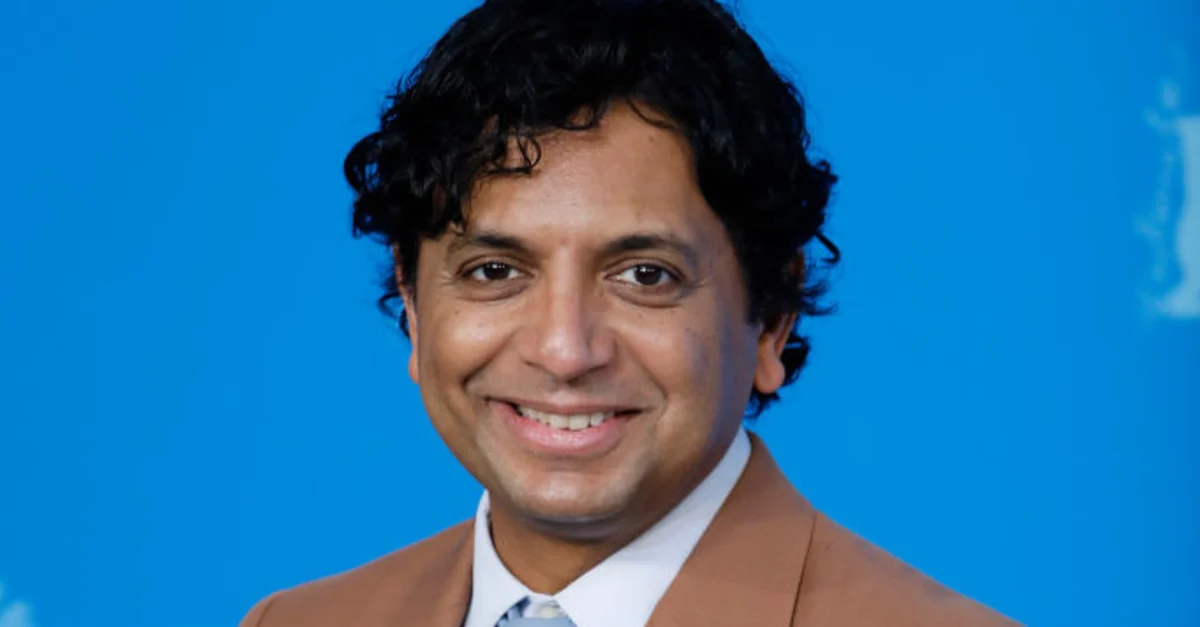
Legacy and Lessons Learned
The journey of “The Sixth Sense” from script to screen is filled with lessons on risk-taking, the importance of creative autonomy, and the impact of internal politics on artistic endeavors. The film’s success proved to be a double-edged sword for Vogel, who faced both acclaim and adversity, ultimately leading to a significant restructuring of his role at Disney.
Today, as Shyamalan continues to shape the film industry with his visionary projects, “The Sixth Sense” remains a pivotal point in his career, illustrating both the challenges and triumphs of filmmaking. The film not only revolutionized the psychological thriller genre but also left an indelible mark on Hollywood, reminding us that sometimes, the biggest risks lead to the most remarkable rewards.
